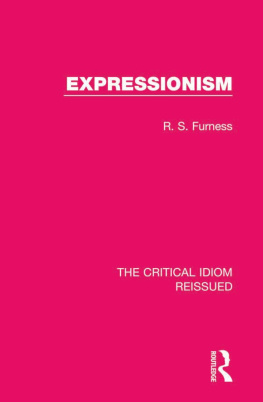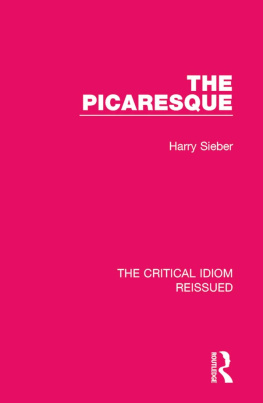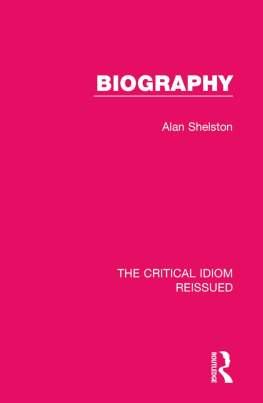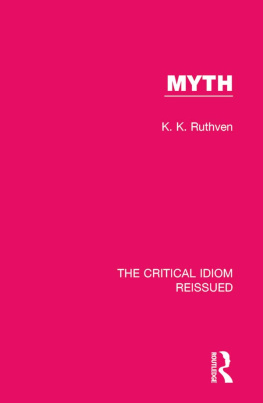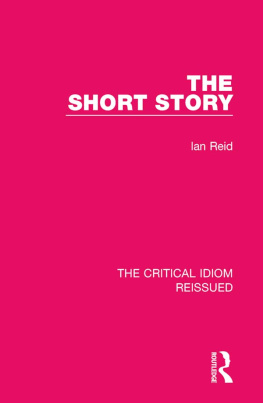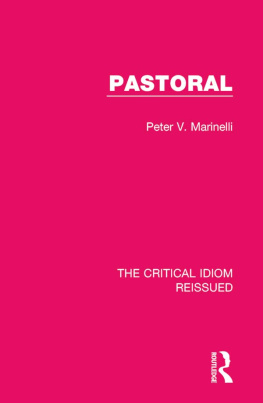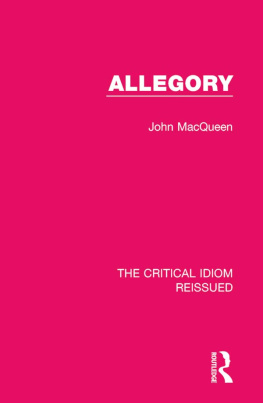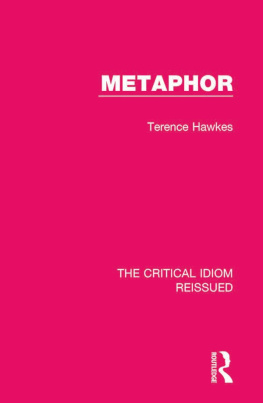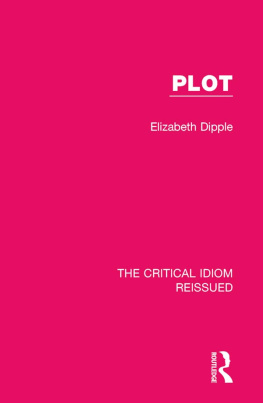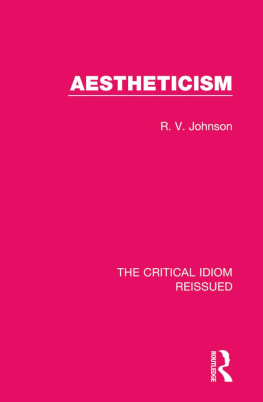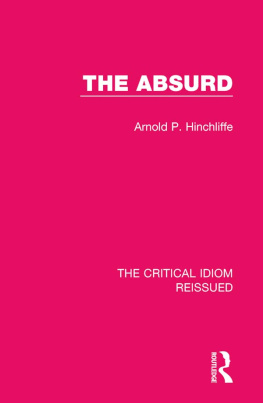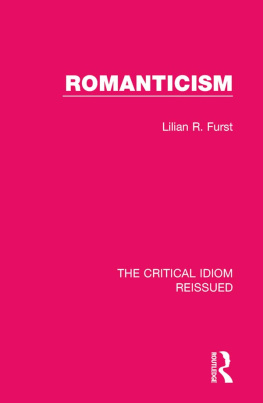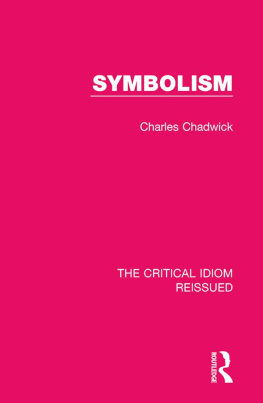Table of Contents
Guide
Print Page Numbers
THE CRITICAL IDIOM REISSUED
Volume 28
EXPRESSIONISM
EXPRESSIONISM
R. S. FURNESS
First published in 1973 by Methuen & Co Ltd
This edition first published in 2018
by Routledge
2 Park Square, Milton Park, Abingdon, Oxon OX14 4RN
and by Routledge
711 Third Avenue, New York, NY 10017
Routledge is an imprint of the Taylor & Francis Group, an informa business
1973 R. S. Furness
All rights reserved. No part of this book may be reprinted or reproduced or utilised in any form or by any electronic, mechanical, or other means, now known or hereafter invented, including photocopying and recording, or in any information storage or retrieval system, without permission in writing from the publishers.
Trademark notice: Product or corporate names may be trademarks or registered trademarks, and are used only for identification and explanation without intent to infringe.
British Library Cataloguing in Publication Data
A catalogue record for this book is available from the British Library
ISBN: 978-1-138-21971-7 (Set)
ISBN: 978-1-315-26975-7 (Set) (ebk)
ISBN: 978-1-138-28384-8 (Volume 28) (hbk)
ISBN: 978-1-315-11540-5 (Volume 28) (ebk)
Publishers Note
The publisher has gone to great lengths to ensure the quality of this reprint but points out that some imperfections in the original copies may be apparent.
Disclaimer
The publisher has made every effort to trace copyright holders and would welcome correspondence from those they have been unable to trace.
Expressionism
R. S. Furness
First published 1973
by Methuen & Co Ltd
11 New Fetter Lane, London EC4
1973 R. S. Furness
ISBN0 416 75660 3 Hardback
ISBN0 416 75670 0 Paperback
This edition is available in both hardback and paperback editions.The paperback edition is sold subject to the condition that it shall not, by way of trade or otherwise, be lent, re-sold, hired out, or otherwise circulated without the publishers prior consent in any form of binding or cover other than that in which it is published and without a similar condition including this condition being imposed on the subsequent purchaser.
Distributed in the U.S.A. by
HARPER & ROW PUBLISHERS, INC.
BARNES & NOBLE IMPORT DIVISION
Contents
The volumes composing the Critical Idiom deal with a wide variety of key terms in our critical vocabulary. The purpose of the series differs from that served by the standard glossaries of literary terms. Many terms are adequately defined for the needs of students by the brief entries in these glossaries, and such terms do not call for attention in the present series. But there are other terms which cannot be made familiar by means of compact definitions. Students need to grow accustomed to them through simple and straightforward but reasonably full discussions. The purpose of this series is to provide such discussions.
Many critics have borrowed methods and criteria from currently influential bodies of knowledge or belief that have developed without particular reference to literature. In our own century, some of them have drawn on art-history, psychology, or sociology. Others, strong in a comprehensive faith, have looked at literature and literary criticism from a Marxist or a Christian or some other sharply defined point of view. The result has been the importation into literary criticism of terms from the vocabularies of these sciences and creeds. Discussions of such bodies of knowledge and belief in their bearing upon literature and literary criticism form a natural extension of the initial aim of the Critical Idiom.
Because of their diversity of subject-matter, the studies in the series vary considerably in structure. But all authors have tried to give as full illustrative quotation as possible, to make reference whenever appropriate to more than one literature, and to write in such a way as to guide readers towards the short bibliographies in which they have made suggestions for further reading.
John D. Jump
University of Manchester
Expressionism is a descriptive term which has to cover so many disparate cultural manifestations as to be virtually meaningless: of all the isms in literature and art it seems the one most difficult to define, partly because it has a general, as well as a specific application, and partly because it overlaps to a great extent with what can be called modernism, as well as having antecedents in Baroque dynamism and Gothic distortion. The situation is summed up with admirable clarity by Malcolm Pasley, who writes in Germany, A Companion to German Studies: Whether we want to attach this label (i.e. expressionism) to a particular author or work depends on the importance we allow to the following: (i) the use of various anti-naturalistic or abstracting devices, such as syntactical compression or symbolic picture-sequences, (ii) the assault on the sacred cows of the Wilhelmine bourgeoisie from a left-wing internationalist position, (iii) the choice of the theme of spiritual regeneration or renewal and (iv) the adoption of a fervent declamatory tone. (p. 579.) The first point refers to an international tendency in the arts, while the other three denote a more German pre-occupation and, unfortunately, the word expressionism has to cover both these meanings.
What this present study will attempt to do is to describe both that which is called expressionism in general and also what is called German Expressionism; it will take as its starting point the cultural situation in Europe at the end of the nineteenth century to see how the movement known as expressionism arose, particularly in lyric poetry, the theatre and the plastic arts. An analysis of what is called German Expressionism will then follow, and we shall look at the links between that particular tendency and the more general outlook prevailing elsewhere; finally we shall take stock of the situation after the waning of the German movement, to see what expressionistic features may have survived. The Germans were not the innovators, but the catalysts; although this study will focus upon Germany, the expressionistic precursors and developments elsewhere will be of equal importance.

